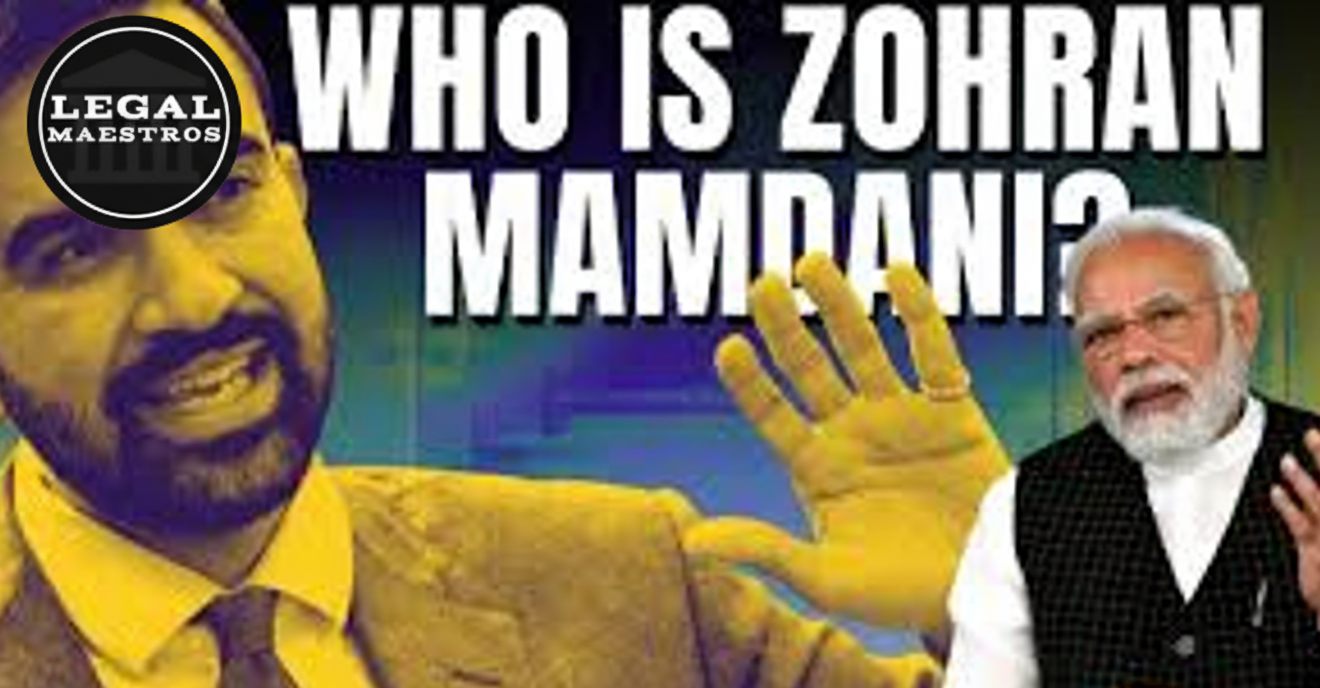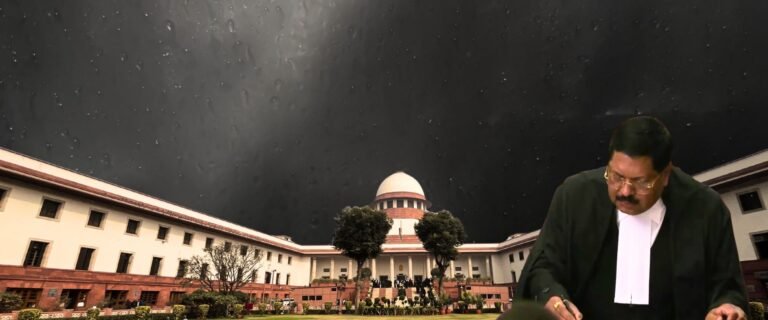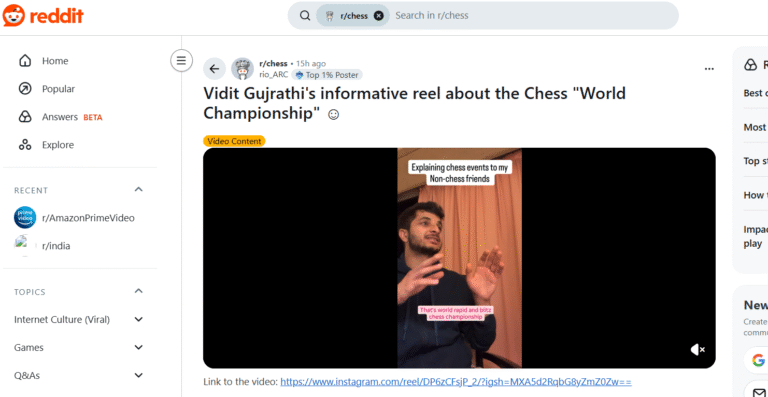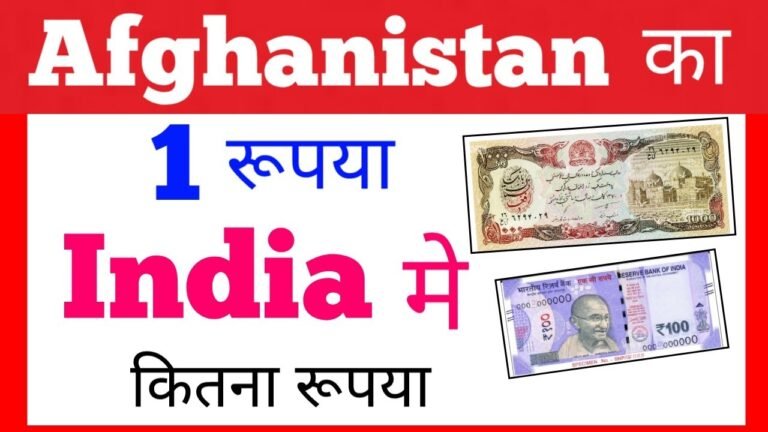
Zohran MAmdani
This is a shocking trend that has been rocking the political arena. The up-and-coming politician in New York named Zohran Mamdani is also said to have plans of visiting India in November this year where he may meet the Prime Minister Narendra Modi. The news has brought controversy, considering that Mamdani has been vociferous in criticizing Modi and the human rights history of India.
The background of Mamdani is greatly interwoven with India. His parents are of the Indian origin (his father is Gujarati Muslim) and belong to the South Asian diaspora, which is why he has frequently talked about Indian political and social matters in the context of his career in American politics.
He has designated Modi a war criminal in the past and cited the 2002 Gujarat riots as a model of religious violence by the leadership of a Hindu, Modi.
On the one hand, though, based on that history, there has been some anticipation, and some skepticism, surrounding the prospect of a meeting with Modi. The visit is viewed by the supporters as a possible breakthrough to dialogue and reconciliation. Critics doubt its goodwill, as they are asking whether the visit is more of a mere symbolic, strategic, or a bigger effort to fill gaps. The politics is tricky, in that the political foundation of Mamdani in New York consists of a significant number of Indian Americans and South Asians, and his policies regarding India are already a constituent of his personal image.
There is a question of how the overture will be received by the government of Modi that will be watched. The contacts with the diaspora has always been a significant aspect of the leadership style of Modi and any connection with Mamdani may mark a calculated expression of inclusion or mollification. But, those vehement opponents might view it as an apolitical measure of eliminating backlash and controlling public relations in the global arena.
The so-called November visit to India by Mamdani might change the perception of India and even among the diaspora on the way dialogue and dissent coexist in the context of international politics.








